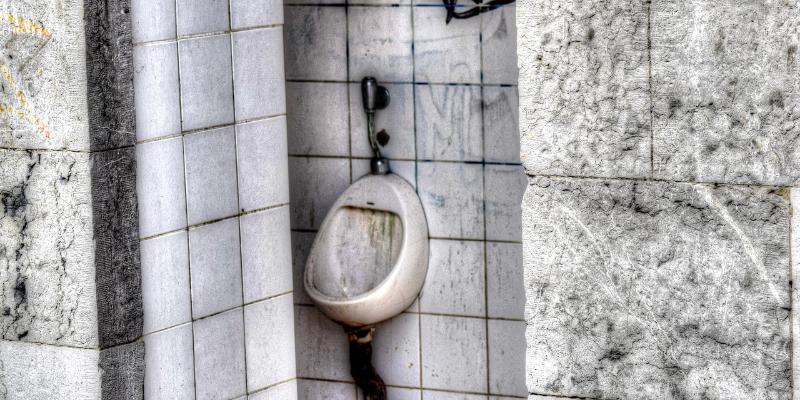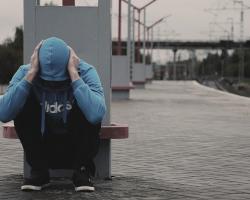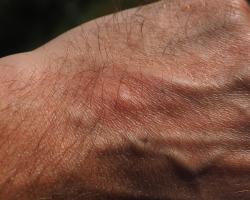In Poland nocturnal enuresis is a problem that concerns around 300 thousand children above 5 years of age. Contrary to the stereotype, the disorder usually is not caused by psychological factors, and proper diagnosis allows the choice of an effective therapy.
Nocturnal enuresis is involuntary urination during sleep in children who are 5 years old or older and have already learnt to use the toilet. Nocturnal enuresis occurs in 16% of children up to the age of 5, 11% of children up to the age of 7, 2-3% of adolescents and 1% of adults.
Nocturnal enuresis’s impact on mental health
Proper diagnosis makes it possible to choose the treatment allowing the prompt elimination of the disorder which has a substantial impact on the child’s quality of life, and even on family relations.
“Unfortunately, parents and many doctors still hold the view that nocturnal enuresis is a consequence of emotional or mental disorders. However, these usually do not cause nocturnal enuresis, but result from the lack of treatment," believes dr. Grzegorz Paruszkiewicz, paediatric surgeon.
As Paruszkiewicz explains, children can experience anxiety related to the response from their environment, the fear of being embarrassed in front of their peers or of being criticised by their family members, and consequently avoid contacts with others. Some parents, lacking proper knowledge or out of embarrassment, neglect the child’s symptoms and avoid the issue, while the child, devoid of support from their nearest family, becomes increasingly frustrated.
Untreated nocturnal enuresis also triggers the risk of complications such as permanent impairment of the bladder or kidneys.
Types of nocturnal enuresis
There are two basic types of nocturnal enuresis – monosymptomatic and non-monosymptomatic.
The former type is not associated with any defect of the urinary or the nervous systems. It occurs in children who have never had a dry night or have urinated in their bed every night for at least 6 months. This results from the fact that the child has not developed full control over his or her urinary bladder.
According to dr. Paruszkiewicz, one of the main cause is the deficiency of vasopressin – a hormone responsible for concentrating urine at nights. In normal conditions the production of vasopressin increases at night, resulting in reduced urine production.
Another cause may also be the night time hyperactivity of the detrusor, i.e. spontaneous contractions of the bladder at night.
An increased stimulus threshold can also be responsible for this type of enuresis, causing the brain’s failure to recognise the stimulus from the full bladder as the signal is too weak. Many parents point to the fact that the sleep of their children with enuresis is very deep. In such cases the sensation of a full bladder is weakened and the gathered urine may cause the child to empty the bladder involuntarily.
The cause of non-monosymptomatic nocturnal enuresis is a low capacity of the bladder and hyperactivity of the detrusor resulting from a defect of the urinary system or damage to the central nervous system. In such cases children experience such symptoms as urinary urgency, urine incontingency and frequent urination with small amounts also during daytime.
Treatment
Depending on the cause, the treatment may include administering e.g. a synthetic vasopressin analogue or involve a change in habits related to drinking liquids and urinating. The so-called night alarm can also be applied, waking the child up immediately after the first drops of urine are detected by a sensor placed on a special pad or attached to the child’s underwear.
In 2012 the Ministry of Health issued guidelines for diagnosing and treatment of nocturnal enuresis, which enable primary care physicians and paediatricians to apply appropriate procedures in this regard. The guidelines also make it possible to select patients who require consultation with a nephrologist or paediatric urologist.









Comments (0)